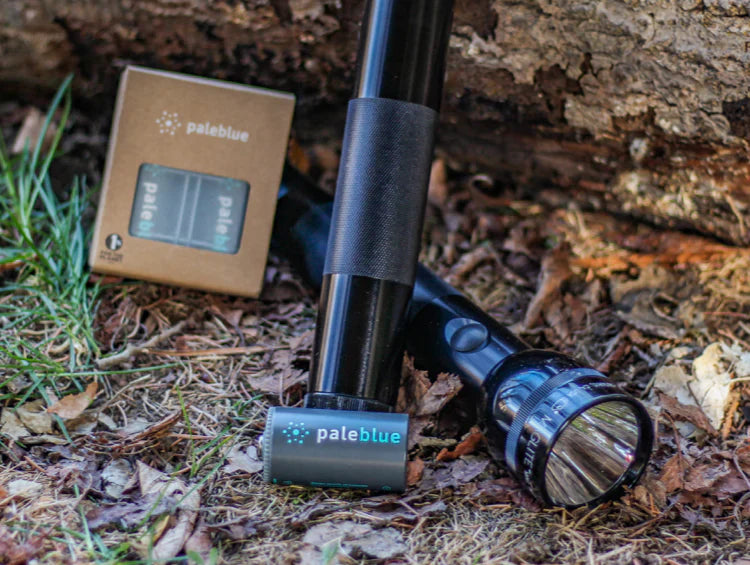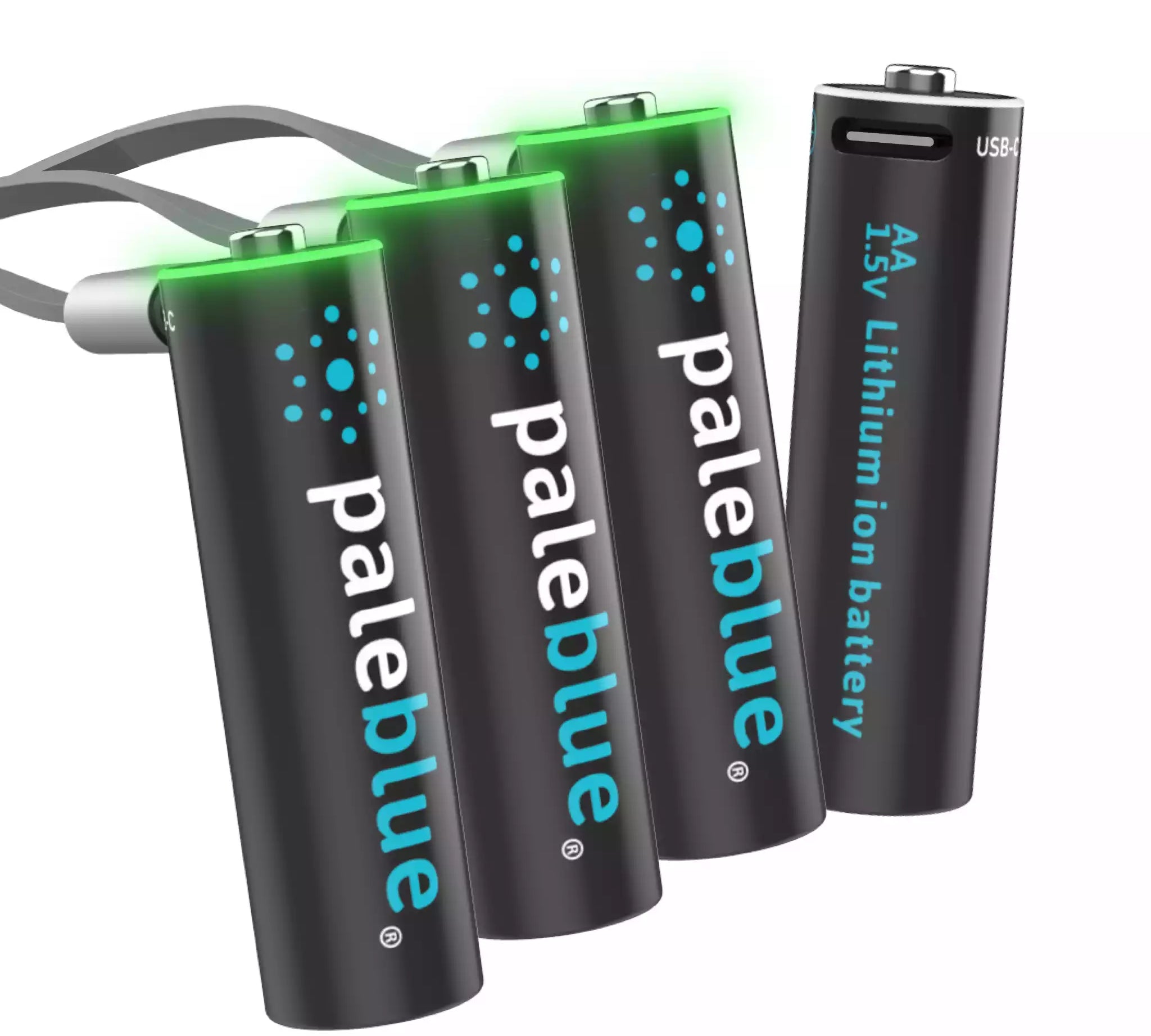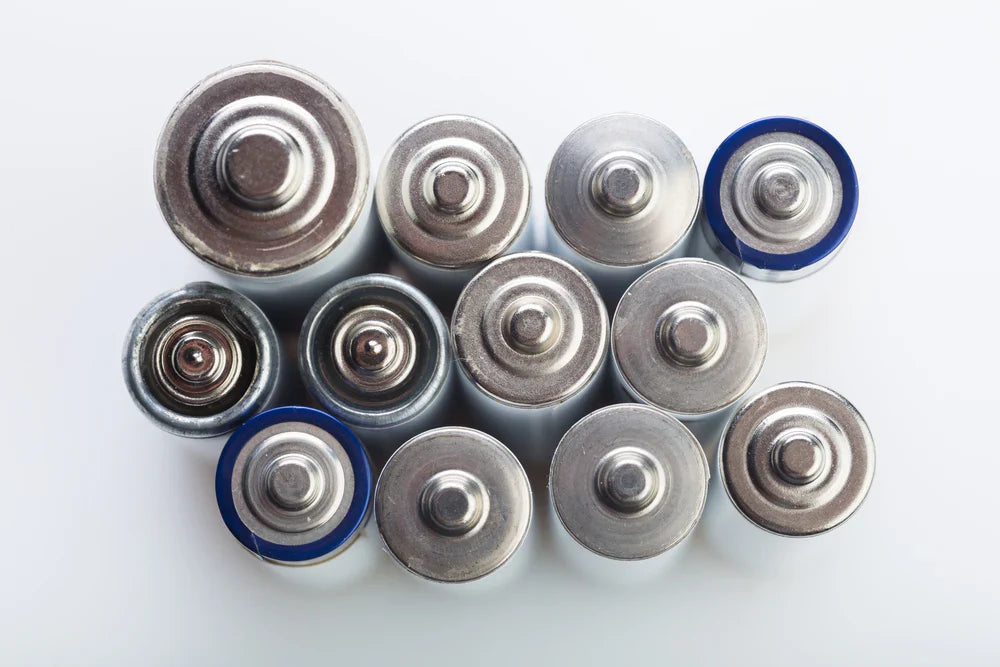What COVID-19 Has Taught Us About Reusable Resources

The world at large is learning a lot of lessons from the COVID-19 pandemic. We are learning how valuable relationships are. We are learning that it is possible to spend more time at home with family; that we don't have to constantly be on the go. It is teaching us the value of reusable resources.
Here at Pale Blue Earth, our bread-and-butter are USB rechargeable batteries. What are they? They are lithium-ion batteries that can be recharged via any USB port – just like your cell phone or portable music player. We believe they are the future of battery technology primarily because they are a more convenient, high performing and reusable alternative with a good economic return for the consumer.
The concept of reusable resources doesn't seem to cross our minds until some sort of crisis forces a change of thinking. In the most recent case, it has taken a pandemic to force us to reconsider our role as consumers. Indeed, just going to the store to replenish supplies is now a major endeavor.
Reusable vs. Disposable (Single Use)
Think about what you purchased on your last trip to the market. How much of what you purchased consisted of consumables like food and bottled water? Among all the rest of the items, some were disposable and others were reusable. The question is how much of each did you purchase?
Purchasing paper cups and plates is a strategy built around disposal. You use a paper cup and plate for one meal and then toss them in the trash. Yet in your kitchen cupboard are reusable plates and cups that you can put to use day after day, year after year, for the rest of your life.
Batteries work the same way. Single use alkaline batteries get used until they die. Then they go off to your trash can and eventually the landfill. USB rechargeable batteries are like the reusable cups and plates in your cupboard. You can charge them 1,000 times or more, using them for years.
How many people now think reversing course to incandescent light bulbs would be a good choice? Would you give up your favorite reusable water bottle if plastic bottled water were suddenly to become cheaper? We think not. There are certain technological innovations that are undeniably a better choice when consumers have the option to make those decisions. There’s no going back, only forward.
Stay at Home, be Self-Reliant
If you are wondering what any of this has to do with the COVID-19 pandemic, think about what you had to go through just to complete your last shopping trip. Maybe you had to stand in line outside the grocery store because management was limiting the number of people allowed inside. Perhaps you went to the paper products aisle in search of toilet paper only to find there was none to be had.
Living in the midst of the COVID-19 pandemic has revealed just how often we go to the store to buy single use items. But think what it might be like if we utilized more reusable products instead. More reusable products would mean fewer trips to the store. It would also mean less money spent and less waste generated.
Replacing more disposable products with reusable alternatives even reduces stress on the overburdened delivery sector. Again, you will not need as many home deliveries if you are buying fewer disposable products. That would leave delivery companies with more resources to concentrate on getting necessities to their customers.
Time for a New Battery
The COVID-19 pandemic is reshaping the way we live. It is causing many of us to rethink the whole idea of consumerism. It is in that light that we say it is time for a new battery. Alkaline batteries served us well over the last 50 years. NiMH batteries were a step in the right direction in terms of being reusable, but were performance and convenience limited by their chemistry. These 3 types of batteries have one clear winner; Now is the age of the lithium-ion rechargeable battery.
USB rechargeable batteries are more convenient, better for the planet, and our bank accounts. They illustrate a new consumer mindset that says re-use instead of disposing.
- Tags: Convenience







